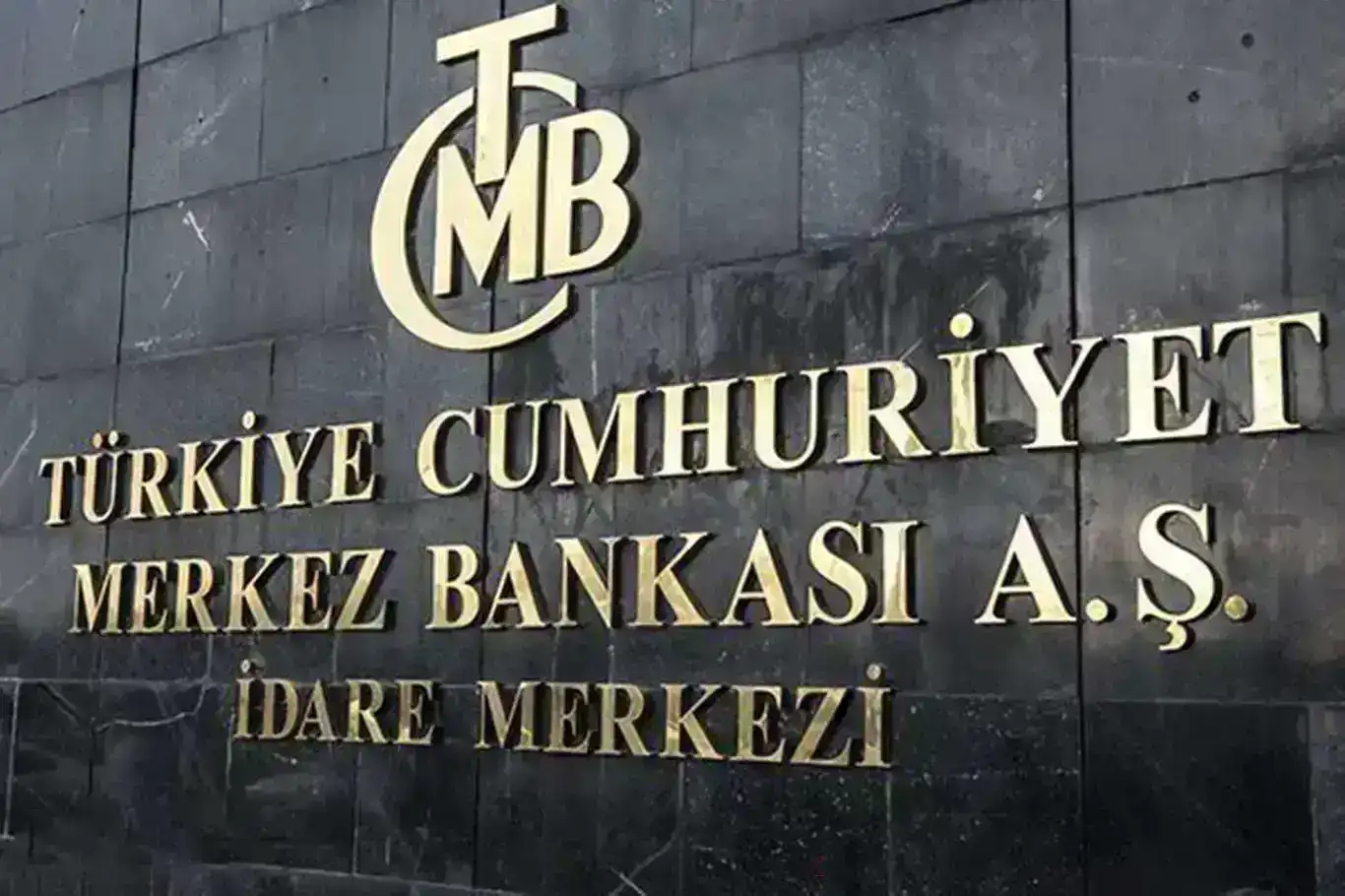Turkish central bank outlines path to single-digit inflation by 2027


Turkish Central Bank Governor Fatih Karahan presented the Inflation Report 2025-III in Istanbul on Thursday, outlining the Bank’s updated economic outlook, policy stance, and newly introduced “interim targets” for inflation reduction.
Speaking in Istanbul, Karahan highlighted a significant decline in consumer inflation to 33.5% in July 2025, down 42 points from its peak in May 2024, and projected further declines in the coming months.
Karahan began by commemorating four late Central Bank figures—Rüşdü Saracoğlu, Hasan Ersel, Süreyya Serdengeçti, and Ercan Kumcu—for their lasting contributions, expressing condolences to their families.
The governor noted a slight easing of global trade policy uncertainty due to bilateral agreements, though high sectoral tariffs and geopolitical risks continue to weigh on the global economic outlook. Energy commodity prices have risen due to geopolitical developments, while industrial metal prices increased due to tariffs. Despite varied global monetary policies, equity markets have performed well, with portfolio preferences shifting toward equities.
Domestically, Karahan emphasized the balanced demand composition resulting from tight monetary policy. Private consumption growth slowed in Q1 2025, with net exports contributing positively due to rising exports and declining imports. Industrial production and services indices moderated in Q2, with capacity utilization in manufacturing remaining below historical averages. The labor market showed a slight uptick in unemployment but remains below historical norms, with broader indicators suggesting a less tight market than headline figures imply.
The current account deficit-to-GDP ratio was estimated at 1.3% in Q2 2025, expected to stay below its long-term average, though energy prices and trade policies pose risks. Inflation expectations have improved but remain above the bank’s forecasts, necessitating continued tight policy.
Karahan detailed the bank’s monetary policy, which includes a 3-point policy rate cut to 43% in July 2025, maintaining necessary tightness. Measures include increasing Turkish lira deposit shares, reducing FX-protected deposit accounts (KKM), and managing loan growth to curb volatility. Liquidity is managed through auctions and swaps to keep money market rates aligned with the policy rate. Deposit and loan rates stand at approximately 53% and 62%, respectively, supporting the transition to Turkish lira savings.
The KKM balance for individuals has dropped to $12 billion, with plans to phase out openings and renewals this year. Gross reserves have risen significantly to $174 billion by August 8, 2025, up $50 billion since March 2024, bolstered by the bank’s decisive policies.
Introducing a new forecast communication strategy, Karahan announced “interim targets” alongside traditional inflation forecasts. These targets—24% for 2025, 16% for 2026, and 9% for 2027—serve as commitments to anchor inflation expectations, with a long-term goal of 5% stability. The 2025 forecast range is 25–29%, narrowing to 13–19% for 2026, reflecting reduced global uncertainties and lower inflation. The 2026 interim target of 16% is higher than the previous 12% forecast due to elevated food prices, underlying inflation inertia, and import price assumptions.
Despite volatility in financial markets and geopolitical tensions, disinflation remains on track, supported by moderating domestic demand, real Turkish lira appreciation, and improving inflation expectations. Services inflation, particularly in education and rent, remains a challenge, though rent inflation is projected to decline from 63.6% annually. Food prices face upside risks from drought and agricultural losses, while energy prices are pressured by global developments and administered price hikes.
Karahan reaffirmed the bank’s commitment to maintaining tight monetary policy until price stability is achieved, adopting a prudent, data-driven approach to policy decisions. The bank will use all tools to counter any significant inflation deterioration, prioritizing sustainable growth and social welfare through price stability.
The briefing concluded with gratitude to the Monetary Policy Committee and staff, followed by a Q&A session with deputy governors.
For more details, the full Inflation Report 2025-III is available on the Central Bank’s website. (ILKHA)
LEGAL WARNING: All rights of the published news, photos and videos are reserved by İlke Haber Ajansı Basın Yayın San. Trade A.Ş. Under no circumstances can all or part of the news, photos and videos be used without a written contract or subscription.
The number of paid employees in Türkiye increased by 2.0% year-on-year in June 2025, according to data released on Friday by the Turkish Statistical Institute (TurkStat).
Türkiye's construction industry experienced robust growth in June 2025, with production rising by 24.9% compared to the same month last year, according to data released by the Turkish Statistical Institute (TurkStat) on Friday.
The Producer Price Index of Agricultural Products in Türkiye rose sharply on an annual basis but saw a significant monthly decline in July, the Turkish Statistical Institute (TurkStat) reported on Thursday.